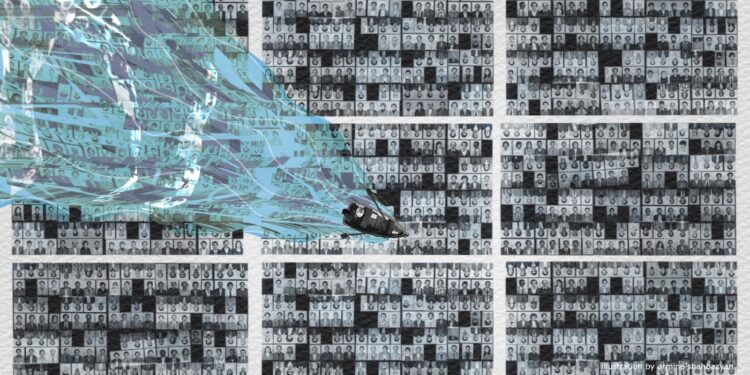Arts & Culture
The Memory Gaps in Post-Independence Armenian History Textbooks
For decades, production of historical texts in Armenia was in the tight grip of Soviet state ideology. Post-independence, some topics previously repressed or omitted found their way back into Armenian history textbooks, however “memory gaps” remain.
Jivan Avetisyan: A Story of Survival, Destiny and Faith
Director Jivan Avetisyan of Tevanik and The Last Inhabitant talks about surviving the Spitak earthquake, the Karabakh War and the memories and experiences that have become the guiding force of his life and his films.
Armenian Women Pushing Boundaries in Film and Theatre
Women have been breaking stereotypes and crashing through glass ceilings, yet equity, diversity and inclusivity have not yet been fully realized. Armenian women in the film industry are beginning to change the narrative.
From the Forgotten Pages of History: Countess Mariam Tumanyan
Mariam Tumanyan was a member of Tbilisi’s Armenian elite at the end of the 19th and turn of the 20th centuries. Her patronage of Armenian intellectuals and then her care of orphans from the Armenian Genocide have largely been forgotten. Here are some excerpts from her memoirs.
The Art of Anti-Corruption
What is the art of anti-corruption? A year-long campaign sought to raise awareness on the effects of corruption on Armenian society. The “Art of (anti) Corruption” organized by Impact Hub Yerevan and supported by the EU Delegation to Armenia is a poster art exhibition and EVN Report is featuring a selection of the works on display.
An Agent of Undiscovered Literature
While contemporary Armenian writers are searching for a new language of expression, Arevik Ashkharoyan, a literary agent, has taken on the task of bringing their voices to a global audience. In this first essay for EVN Report, Ashkharoyan writes about the challenges of representing a book that many believe is about the army but in fact is a metaphor for a repressed society.
Sex vs. Gender Through Linguistic Expression in Armenian
From referencing the issue of sex-selective abortions to drinking toasts in honor of women, the grammatically genderless Armenian language, still fails to provide a space for its speakers to develop sensitivity towards the intricacies of gender as social conventions and cultural constructs. Rafik Santrosyan, PhD in Linguistics, explains how.
Choir in the Dark
Choir in the Dark is the first chapter of photographer Davit Nersisyan’s ongoing, larger body of work about the visually impaired in Armenia. A visual exploration of the persistence of a choir where most members are visually impaired.
Grand Hotel Yerevan: A Living Legend of the City
Grand Hotel Yerevan was not only the first large-scale public building constructed in Yerevan, it also played a significant role in the cultural renaissance of the capital city. Arpine Haroyan weaves together the fascinating history of the landmark hotel through the voices of its illustrious residents.
From the Forgotten Pages of History: The Tragedy of Maro Alazan
The four tragedies of Maro Alazan based on her unpublished memories- Genocide, Soviet prison, exile and return from exile. The untold story of an incredible woman and her resilience in life and love.












